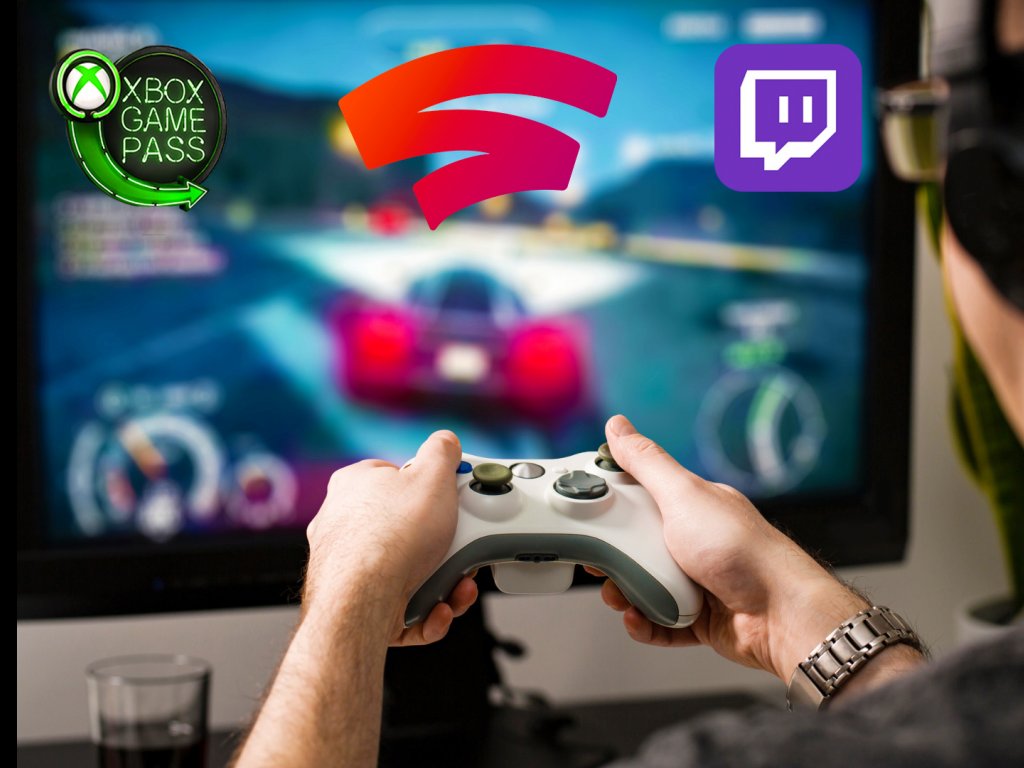Video games: the 5 biggest changes of the decade

Live Streaming
It may seem impossible today, but 10 years ago Twitch wasn't the reality it is today. In fact, it just didn't exist. There was a thing called Justin.tv, but we challenge you to find someone who knew of its existence. Now, however, there is talk of Twitch even on TV, football teams open their official channels and influencers multiply like flies. As for video games, however, Twitch is simply a cornerstone, a fixed point to look at not only in the marketing phase, but also during development. How will I make my game attractive to a streamer? And how do you make it replayable? Is the interface clear enough for the viewer too? Beyond the actual integrations, in short, no developer with a minimum of foresight can no longer think of creating a game without having the Amazon platform in mind.New business models
The game as an ever-changing entity is another novelty of this decade. The success of game as a service has posed new challenges to developers, but not always jumping into this new business model has led to success, and cases of thunderous flops are not rare. In the midst of these new standards, the subscription model is emerging strongly recently, driven by services like Apple Arcade and, above all, Xbox Game Pass. For developers, however, this means having an extra intermediary to convince of the goodness of their work and the consequences of this paradigm shift are yet to be discovered, especially for the independent market.New platforms
The bursting arrival of the Epic Games Store, the release of new headsets for Virtual Reality and the new platforms for streaming gaming are changing the ecosystem in which video games move. Unlike Steam, then, where it becomes increasingly difficult to emerge in the tide of titles placed on the platform, companies such as Apple and Epic are adopting a different approach, more oriented to the careful selection of products to offer to their customers. At the same time it has become more complex to choose where to publish their games without a publisher and the presence of the so-called "boutique publishers" has become more important. Companies like Annapurna Interactive and Devolver Digital, for example, have given great visibility to small independent developers; at the same time, however, it is now difficult to compete in the market for those indies who cannot count on the support of these publishers.Speaking of streaming games, cloud gaming seems to be the bandwagon everyone wants today go up: Google with Stadia, Nvidia with GeForce Now, Amazon with Luna, Microsoft with XCloud and even Steam with its Cloud Play beta. In part, this step is a direct consequence of the evolutions caused by Twitch, subscription models and online services, but the times do not seem quite ripe yet, given that the game in the cloud works well, but only under certain circumstances. It will probably take years before the system becomes mainstream and in the meantime it will be interesting to see what changes it brings to the way games are created.
Direct marketing
The opportunities for direct contact between developers and the public. Taking advantage of YouTube channels or streaming on Twitch has become common to give visibility to your games, but making room in these realities is still a bit difficult for smaller teams. Meanwhile, middlemen like Jeff Keighley have taken a pivotal stance and this year's Summer Game Fest was a good example of how coveted the showcase offered by the creator of The Game Awards is. In general, however, alliances between developers are multiplying for marketing reasons, designed to reach specific niches of players. All this while also looking at new markets to complement Europe Japan and America, given the growth of industry in the Middle East, North Africa, India and Southeast Asia.Social relevance
Video games are not just a pastime for children: this new awareness has led to greater attention of developers and the public to social and political issues. It is not uncommon that today there are games that deal with current social issues, or that end up under the eye of the storm for not having shown sufficient sensitivity in the inclusion of potentially harmful content of some category. Attention to developers as a category of workers has also grown. We start talking about trade unions, discuss about the workforce and the exploitation of the systematic crunch of some software houses has ended up under the lens of the news several times (the Cyberpunk 2077 case is striking). We are therefore well on the way to a sort of class struggle, which can guarantee better working conditions for everyone.Although focused on the independent market, Rami Ismail's analysis captures quite well the novelties we have assisted in recent years in the world of video games. What do you think about it? And what are the dynamics that you think will have more weight in the next decade? Let us know in the comments below.